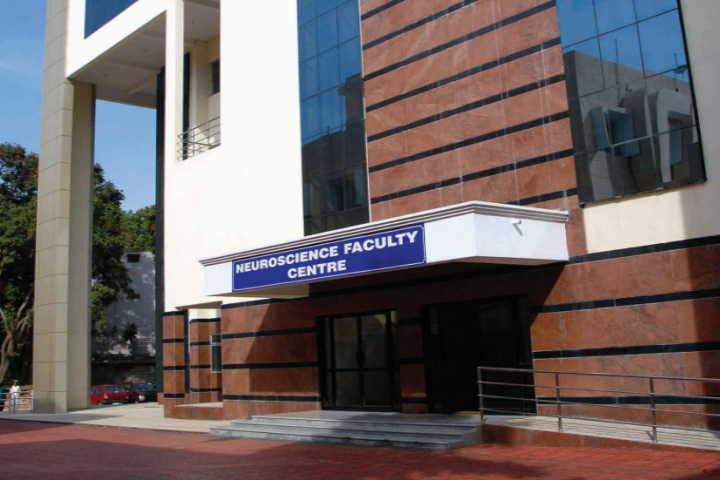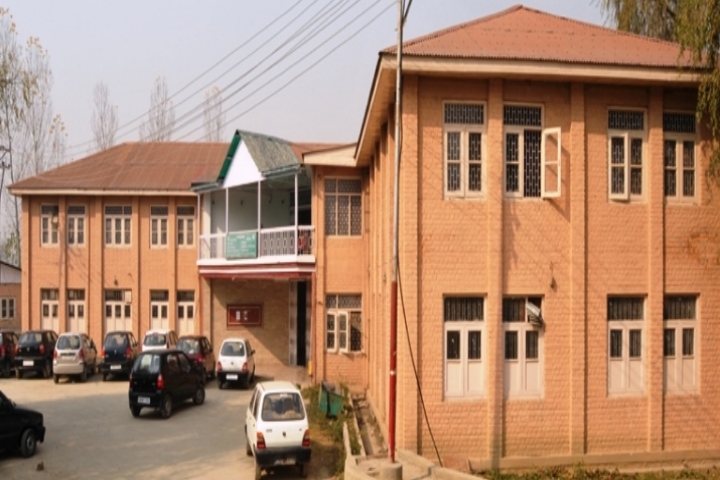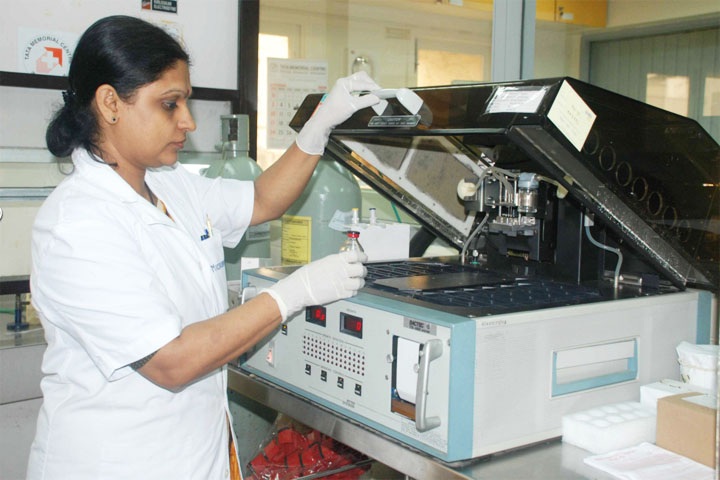What is Anaesthesiology
Anaesthesiology is a branch of medical science that deals with anaesthesia and anaesthetics. Anaesthesia is a state of temporary loss of sensation and awareness or consciousness that is controlled and induced for medical purposes. An anesthesiologist is a person who holds a postgraduate medical degree and is board-certified and legally qualified to administer anaesthetics and related techniques on an individual under treatment.
In the present era of safe medication and stricter monitoring in healthcare facilities, anaesthesia is considered as the most important part of any surgery. A standard protocol is followed to numb the pain in a particular area during a surgical procedure, invasive radiology or diagnostic tests like endoscopy and colonoscopy. Licensed anaesthesiologists design and implement anaesthesia care plans for individual cases without which it would be terrible to go through. So, though it is often swept to the sidelines, Anaesthesiology is just as critical a discipline as any other specialisation. A medical student after completing MBBS has to do MD in the subject to become a certified anaesthesiologist. Besides the core subject, Anaesthesiology course students have to study critical care medicine, cardiology, pharmacology, internal medicine, and of course, the basics of surgery.
Eligibility Criteria (UG & PG) of Anaesthesiology
Eligibility criteria for admission in MBBS courses in India are based on the instructions of the Medical Council of India (MCI). The candidates aspiring to pursue medicine as a career must, in the first place, have completed the plus two level from a recognized board with the subject combination- physics, chemistry and biology with a minimum 50% in the aggregate. This is for general category students. For students belonging to the SC/ST/OBC or other backward categories, the minimum plus 2 level percentage is 40. To secure admission in any of the colleges offering MBBS in India, one needs to clear the NEET examination with a good score. NEET is conducted by the National Testing Agency (NTA).
The postgraduate anaesthesia course, that is, MD has the minimum criterion of an MBBS degree with a minimum of first-class (60%) marks in aggregate.
Entrance Examinations for Anaesthesiology Courses
In order to pursue a degree in an anaesthesiology masters course, the candidates are required to qualify certain entrance examinations which will test their knowledge and skills.
The entrance examinations required for admission in courses of anaesthesiology are listed below:
NEET: The National Eligibility cum Entrance Test or NEET is conducted by the National Testing Agency. The entrance exam is held in online mode. It consists of several multiple-choice questions which are designed to quantitatively test the candidates’ knowledge in biology and related fields. A huge number of candidates appear for this examination every year while the seats on offer are very limited. Thus qualifying this exam is very tough and merely passing is not enough. The candidates must score high to secure admissions in reputed colleges.
AIIMS: The AIIMS entrance examination is organised by the All India Institute of Medical Sciences. The exam pattern and course is similar to that of NEET.
Also Read: Nursing Certification Courses
College Predictors VIEW ALL
Scope of Anaesthesiology in India and Abroad
The healthcare sector, especially, the hospital segment in India is growing at an incredible pace (16-17% CAGR) and is expected to touch the US$132 billion mark by 2023 from US$61.8 billion in 2017. It is already one of the largest sectors in the country, both in terms of revenue as well as employment generation. People from the neighbouring countries and also sometimes from the Americas and the UK (where healthcare costs are too high) are coming here for quality and affordable treatment. This certainly speaks for the immense scope that exists for any stream of medicine including Anaesthesiology within the country.
Apart from India, where medical tourism is booming for reasons more than one, countries like Malaysia, Singapore, Turkey, the Czech Republic, South Korea, Germany, Spain, and Mexico, are also gaining prominence in affordable healthcare. Students pursuing anaesthesiology courses and planning to settle abroad can opt for a career in any of these overseas locations. The demand for qualified anaesthesiologists would be equally high anywhere in the world.
Course Fees Anaesthesiology
| Minimum Fees | Maximum Fees | |||
|---|---|---|---|---|
| Private | Government | Private | Government | |
| UG | ||||
| PG | ||||
| DOCTORAL | ||||
| DIPLOMA | ||||
Course Subjects
The main subjects taught in an anaesthesiology course certified by the MCI are:
Pain medicine
Adult Intensive Care Units
Cardiothoracic anaesthesiology
Emergency medicine
Pediatric Intensive Care Unit
Neonatal Intensive Care Unit
Cardiothoracic anaesthesiology
Neuro anaesthesiology
Obstetric anaesthesiology
Basic anaesthesiology
Advanced pediatric anaesthesia and monitored anaesthesia
Labour analgesia
Pain relief
Quality assurance
Anaesthesia standards: e.g., minimum monitoring standard
Medico-legal aspects of anaesthesia
Ethics in anaesthesia
Principles of evidence-based medicine
Computers
Basic research methodology and clinical trials
Critical Care Practice
Safety in anaesthesia
Occupational hazards
Advanced Trauma Life Support (ATLS)
Record keeping during anaesthesia
Complications of anaesthetic procedures, their detection, prevention, and management
Medical audit
Human anatomy
Pharmacology
Pathophysiology
Physics
Aspects of routine & emergency cases of general anaesthesia
History of anaesthesia
Airway management
Acid-base & fluid management
Arterial, central venous and P.A. lines
Basic & Advanced Cardiopulmonary & Cerebral Resuscitation (CPCR)
Anaesthetic drugs used in the perioperative care
Equipment
Medical gases
Daycare/ outpatient anaesthesia
Remote location anaesthesia
There can be other subjects too depending on the degree and the level. Plus, there are general medicine subjects in which a student has to have in-depth knowledge.
Careers in Anaesthesiology
Since every hospital requires a team of anaesthesiologists who are experienced and dedicated, the job industry for certified anaesthesiologists will always be in a boom. An anaesthesiologist has to administer an anaesthetic to a person undergoing surgery. They work along with other doctors to monitor a patient’s heart and pulse rates, body temperature and breathing during the surgery process. They strive to maintain a stable condition of the patient during the entire procedure and alert the surgeon whenever they notice the slightest of a problem in him. Anaesthesiologists are needed inside the Intensive Care Unit (ICU) and Intensive Critical Care Units (ICCU) where they have to administer pain-relief medications to critically ill patients. They play a crucial role in the pain management of patients who suffer from injuries, chronic ailments, and terminal diseases. Before delivery during labour, they relieve the mother of the excruciating pain. Anaesthesiologists work in hospitals, health clinics, operation theatres, outpatient surgery centres, and dental clinics etc. Some work in the emergency wards requiring immediate care. Anaesthesiologists participate in thoracic and cardiac surgery, plastic and gross reconstructive surgery, neurosurgery, paediatrics, dental, maxillofacial surgery, obstetrics, orthopaedic surgery, and a wide range of other invasive treatment procedures.
An assistant anaesthesiologist works under the supervision of a senior anaesthesiologist. He/she assists the main doctor in all possible ways. Certified Registered Nurse Anaesthetists (CRNA) work under the supervision of an anaesthesiologist. They assist the anaesthesiologist in the administration of anaesthesia during surgery. An anaesthesia technician manages the anaesthesia equipment and strives for its proper maintenance.
All these roles are critical in healthcare and hence, the job prospects are always high in this field. Doctors specialising in anaesthesiology can apply for any of these jobs depending on their qualification and experience.
Students also liked
Upcoming trends
There are two major shifts in the field of Anaesthesiology that are impacting on the changes happening and they will impact the future as well. Fast technological advancement and integration of the newly developed technologies have helped in the automation of tasks like remotely monitoring cases, improving patient care, and lessening financial burden. DSS (Decision Support System) is being incorporated to improve the control of health services while monitoring the welfare of the patients. Anesthesia Information Management (AIMS) is a pioneer in the automation and digitalization of record-keeping. This new technology improves patient care, lessens errors and streamlines management operations. Group Consolidation has also shaped the future of anaesthesiology. This consolidation is picking up more momentum as more practitioners are joining these larger companies.
Job Profiles and Top Recruiters
Anaesthesiologist assistant: Anesthesiologist Assistants (AAs) are highly skilled health professionals who work under the direction of licensed anesthesiologists to implement anaesthesia care plans. AAs work exclusively within the anaesthesia care team environment.
Certified registered nurse anaesthetists: A certified nurse anaesthetic’s duties include maintenance of the equipment required in the OT, ICU, or ICCU. They are also assigned with the duty to clean, autoclave, sterilize, assemble, calibrate and test the instruments and troubleshoot, put requisition and maintain a record of the inspections done on a day-to-day basis.
Anaesthesia technician: ATs operate different types of equipment- mechanical, electronic and pneumatic that are required for monitoring, evaluation and management of the patients who undergo anaesthesia.
Medical consultants: Mostly large acute care and super-speciality hospitals having trauma, plastic surgery, transplant, and sometimes teaching facilities hire medical consultants. They also work in outpatient surgery clinics where they decide the limit of the dosages.
Surgeon: The anaesthetic surgeons specialise in the dosages to be given during all kinds of life-saving surgeries.
Cardiothoracic anaesthetists: Cardiac anaesthetists work exclusively for major heart surgeries and they have expertise in the causes requiring a heart-lung machine
Pediatric anaesthetists: Pediatric anaesthesia doctors work on pain management and anaesthetics in children during complicated surgeries.
Neuro anaesthetists: These doctors work in the surgeries related to the central nervous system, that is, the brain, spinal cord and nerves.
Obstetric anaesthetists: Obstetrics anaesthetists offer pain relief during labour and delivery in the labour wards
Acute or chronic pain management anaesthetists: An anesthesiologist who specialises in pain management and helps patients suffering from chronic or acute pain due to burns, herpes, diabetes, tumour, or chest, abdominal, and pelvic pain, etc.
Regional anaesthetists: Regional or local anaesthetics inject anaesthesia near the nerves of an injury or affected area to numb it for operation. These injections are mostly nerve blocks or epidural or spinal in function.
Intensive care anaesthetists: Anaesthetists working in the ICU or ICCU and assigned with the responsibility to diagnose and manage problems that occur almost in all body systems of a patient.
General anaesthetists: They administer or supervise the administration of anaesthetic drugs such as fentanyl and morphine to achieve whole-body anaesthesia of a patient undergoing major surgery. They are also equipped with an infusion pump so that they can administer additional medication whenever the need arises.
Major Recruiters in the Field of Anaesthesiology
The Moolchand Hospital, New Delhi
Artemis Hospital, Gurgaon
Tata Memorial Hospital, Mumbai
Lilavati Hospital, Mumbai
Kokilaben Dhirubhai Ambani Hospital, Mumbai
Fortis Chain of Hospitals
Sri Ganga Ram Hospital, New Delhi
Medanta Hospital, Gurgaon
Apollo Hospitals
Narayana Hrudayalaya
Apart from these top hospitals, all the government and private hospitals and clinics would require the services of certified anesthesiologists.
Medicine is one of the most respected professions and doctors are treated like demi-gods who save the patients by putting in their best efforts relentlessly. The surgeons, especially the anaesthesiologists, are looked up to as the angels of hope, a hope that a patient nurtures in his heart while being wheeled in for a surgery that he will wake up and see another day, safe and sound, hale and heart. The need for good anaesthesiologists will always be there and so the demand for an anaesthesiology course.
Popular Online Medicine Courses and Certifications
Average Salary
Average starting salary of a qualified and licensed anaesthesiologist is Rs.5 to 12 lakhs per annum. An experienced anaesthesiologist can earn a package of around Rs.8-20 lakhs per annum.
Required Skillset for Anaesthesiology
The skills required for pursuing a course in Anaesthesiology are:
In-depth physiological and anatomical understanding: As an anaesthesiologist, it is important to have thorough knowledge about biological sciences. This includes a clear understanding of cellular functions, its integration in tissue and functioning of organs. The candidates must have sufficient knowledge in this field to understand the limit and extent of drug administered.
Patience: The course of anaesthesiology is very wide and complicated. Candidates must have enough patience to take efforts and learn the subject. The determination and will of the candidate to succeed are compounded by patience which ultimately helps the candidate in the long run.
Analytical skills: The candidate must have adequate analytical skills to understand how to administer anaesthesia without complications and in which situation. The analytical skill is very crucial for determining which anaesthesia protocol to follow and what exact amount of drug to be administered for a patient of a certain physiological condition with a particular bodyweight, BMI and so on.
Good communication skill: Communication helps in bridging the gap of understanding and helps construct fruitful professional relationships among people. As an anaesthesiologist, it is important to convey correct information and also gather appropriate knowledge necessary for professional development.
Course Curriculum for Anaesthesiology
A standard curriculum (MCI approved) followed by most medical colleges offering anaesthesiology courses at the postgraduate level covers the following modules:
Applied anatomy and physiology
Haematology
Muscle functions
Cardiovascular physiology
Kidney and body fluids
Liver
Respiration
Nervous system
Gastrointestinal tract
Endocrinology
Metabolism and homoeostasis
Obstetrics and paediatrics
Applied clinical pharmacology
General therapeutics
Application of pharmacological principles in the management of:
General anaesthesia
Regional anaesthesia
Control of acute pain
Application of pharmacological principles in the management of:
Cardiovascular surgery
Neurosurgery and head injury management
Other therapeutic drugs
The statistical basis of clinical trial management
Principles of anaesthesia
Anaesthesia for:
ENT
Obstetrics
Dental/Maxillofacial
Orthopaedics
Trauma
Ophthalmic
Paediatric
Anaesthesia for daycare surgery
Anaesthesia for remote areas
Cardiac anaesthesia
Thoracic anaesthesia
Neurosurgical anaesthesia
Neonatal anaesthesia
Intensive care medicine
Pain management
Practical


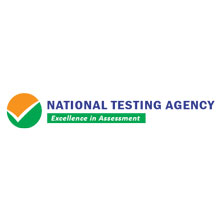


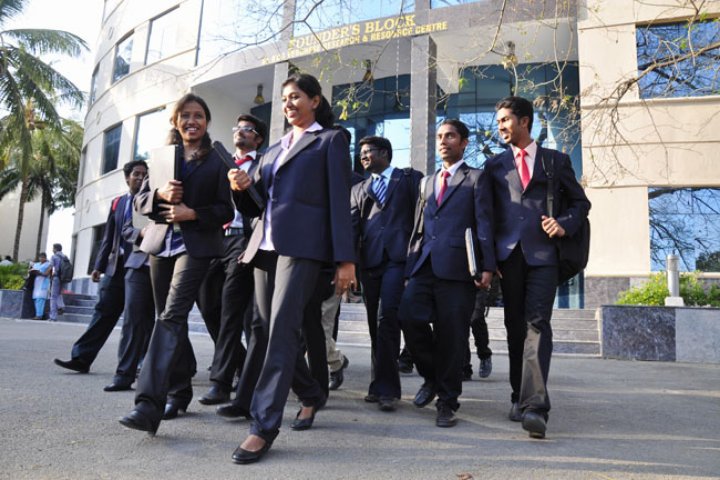
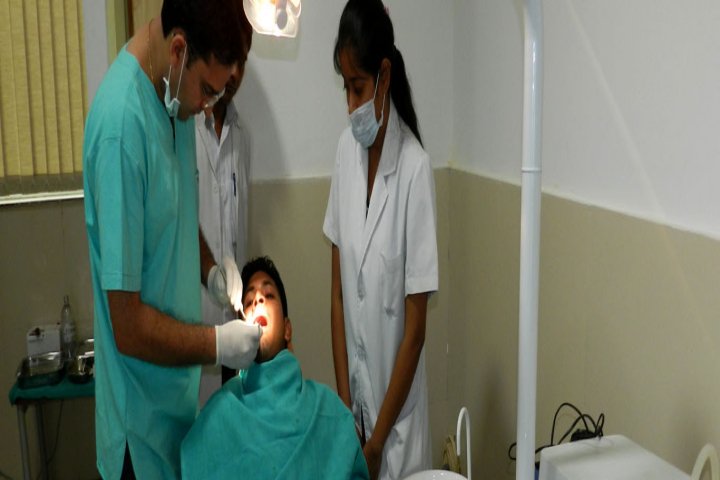
.jpg)
